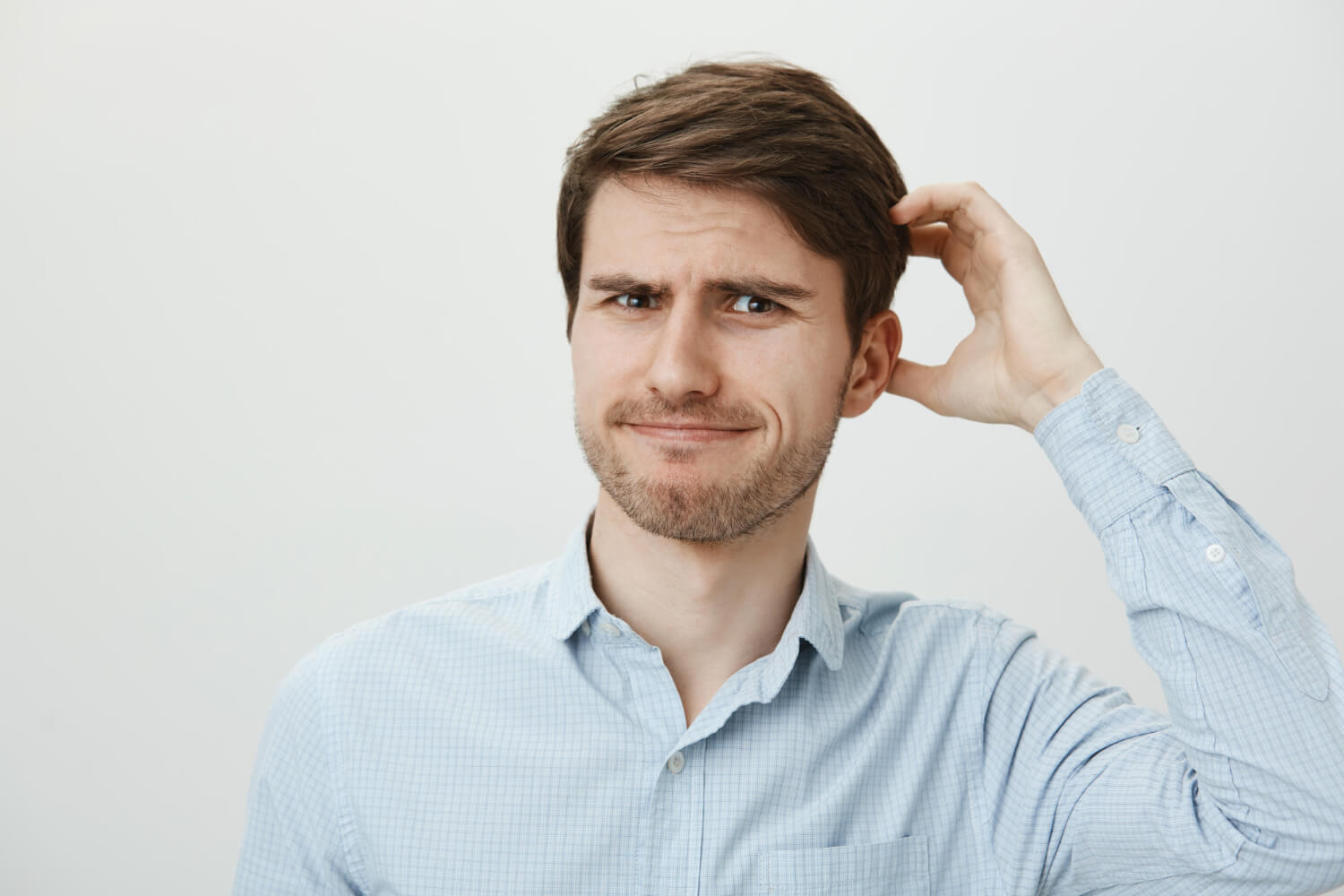Dry Scalp: How It Relates to Hair Loss
A dry, itchy scalp can be uncomfortable, embarrassing, and sometimes even painful — but could it also be contributing to hair loss? While a dry scalp doesn’t directly cause permanent hair loss in most cases, it can certainly affect scalp health and interfere with normal hair growth.
In this article, we’ll explore the causes of dry scalp, its connection to hair thinning, and how you can treat it to support healthier, stronger hair.

What Is a Dry Scalp?
A dry scalp occurs when the skin on your head lacks sufficient moisture. This can result in symptoms such as:
Itching or irritation
Flaking (often mistaken for dandruff)
Tightness or sensitivity
Redness or inflammation
Unlike dandruff, which is often caused by excessive oil and yeast overgrowth, dry scalp is typically due to a lack of natural oils or hydration.
Common Causes of Dry Scalp
Several factors can lead to or worsen a dry scalp:
Cold weather or dry indoor heating
Overwashing or using harsh shampoos
Skin conditions like eczema or psoriasis
Dehydration or poor diet
Aging, which reduces sebum production
Stress or hormonal imbalances
Can a Dry Scalp Cause Hair Loss?
Dry scalp does not usually lead to permanent hair loss, but it can contribute to temporary shedding and affect the quality of new hair growth. Here’s how:
1. Inflammation of the Hair Follicles
Persistent dryness and irritation can cause inflammation around the follicles, weakening them over time.
2. Scratching and Physical Damage
Constant scratching due to itchiness may damage the scalp and dislodge hair prematurely.
3. Poor Scalp Environment
A dry scalp disrupts the natural barrier function, making it harder for hair follicles to thrive.
4. Infections or Fungal Overgrowth
Cracked or inflamed skin increases the risk of infection, which can further harm hair follicles.
How to Treat a Dry Scalp
Maintaining a healthy scalp is essential for supporting natural hair growth. Here are some proven ways to treat dry scalp:
1. Use Gentle, Moisturizing Shampoos
Choose sulfate-free or hydrating shampoos designed for sensitive or dry scalps. Avoid products with alcohol or strong fragrances.
2. Limit Shampooing to 2–3 Times Per Week
Overwashing can strip the scalp of its natural oils. If needed, use dry shampoo between washes.
3. Apply Scalp Oils or Serums
Natural oils like coconut oil, jojoba oil, or argan oil help moisturize the skin and reduce flaking. Apply them before bed and wash out in the morning.
4. Improve Your Diet
Stay hydrated and ensure you get essential nutrients like omega-3 fatty acids, zinc, vitamin D, and biotin, which support both scalp and hair health.
5. Use a Humidifier
During dry winter months or in air-conditioned spaces, a humidifier can help maintain moisture in the air and prevent scalp dryness.
6. Avoid Heat Styling and Chemical Treatments
Excessive blow drying, straightening, or coloring can worsen dryness and damage the scalp.
When to See a Doctor
If your dry scalp is persistent, painful, or accompanied by severe hair loss, consult a dermatologist. You may be dealing with an underlying condition such as:
Seborrheic dermatitis
Psoriasis
Fungal infections
Autoimmune disorders
Proper diagnosis and targeted treatment are key to restoring scalp health and preventing long-term damage.
Final Thoughts
While dry scalp on its own is not a direct cause of permanent hair loss, it can weaken the scalp environment and lead to breakage, shedding, or slowed growth if left untreated. By maintaining proper scalp hydration, using gentle products, and supporting your body through good nutrition, you can reduce dryness and help your hair grow stronger and healthier.
If you’re experiencing ongoing hair loss or scalp irritation, consider a professional consultation to identify the root cause and develop an effective care plan.
